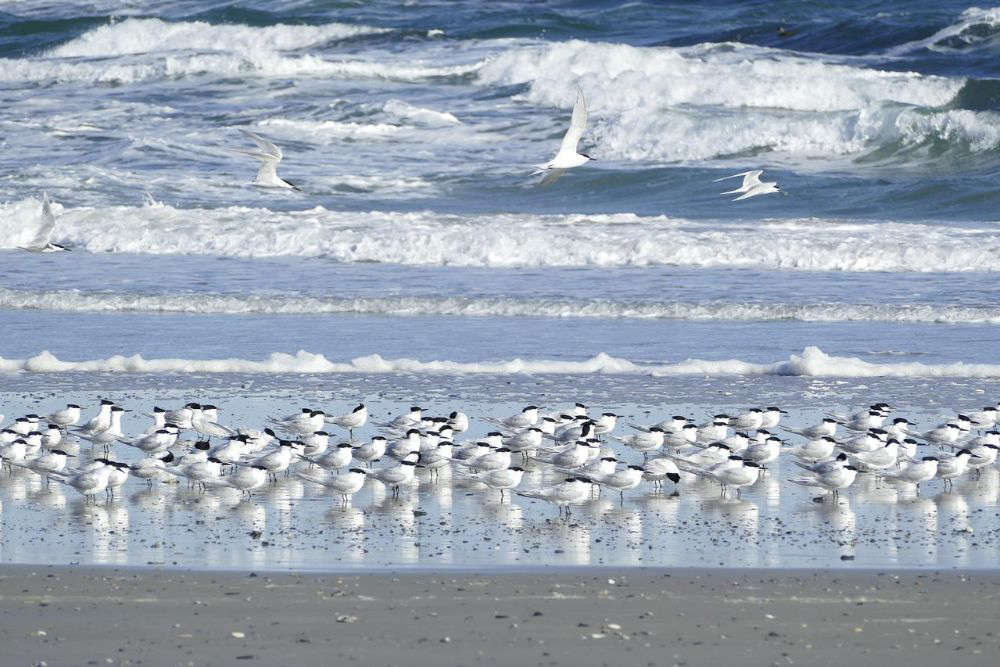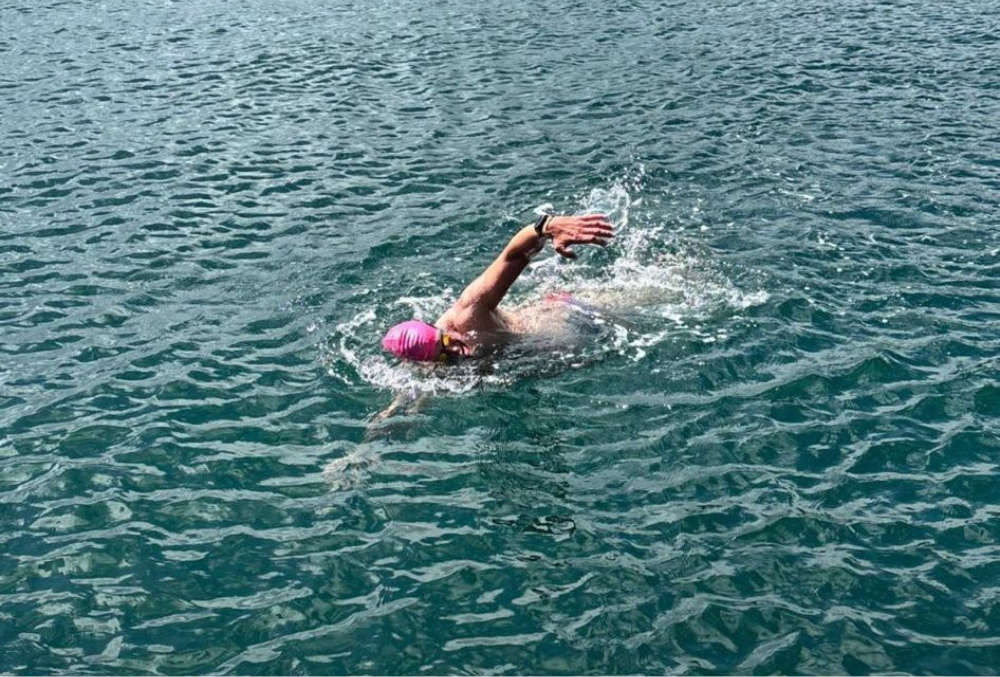
Beachgoers across the Channel Islands are being warned to stay away from the carcasses of dead sea birds that may start washing ashore in large numbers.
Avian flu has spread to sea bird colonies along the south coast of England and the north coast of France.
It's reported more than 1,000 Sandwich Terns died in a breeding colony in northern France near Calais, representing 10% of the French breeding population.
Guernsey's States vet, David Chamberlain, says there is little danger to humans but the advice is don't touch them and don't let your dog touch them either.
"It is possible there will be large numbers of dead birds washing up on the beaches and these may be carrying the virus. The risk to the public is low when those in close contact with the birds take appropriate precautions. The general public and dogs must avoid contact with any dead birds that are washed up on the beaches.
We are monitoring the international situation vigilantly and local ornithologists are observing our local seabird colonies from a distance. We are also reviewing the actions being taken by authorities in the areas where colonies are infected to see if there is anything we can learn to improve protection of our local colonies from this virus."
If you find a dead or sick bird on the beach you can report it to the States Veterinary Officer on 01481 221161 or at svo@gov.gg. For out of hours, contact the GSPCA on 01481 527261.
People in Alderney should report dead birds by calling Alderney Animal Welfare Society on 07966 503694
The GSPCA is urging bird owners to protect their pets and flocks.
“The GSPCA has been highlighting cases of bird flu since November last year and promoting how important that we all take extra precautions in the Channel Islands to ensure our pet and farm birds are as safe as possible from bird flu.
Typically this form of the disease presents suddenly, often with very high mortality, with affected birds developing swollen heads, a blue colouration for those with a comb and wattles, dullness, lack of appetite, respiratory distress, diarrhoea and significant drop in egg production."


 Members chosen for Guernsey's top political committee
Members chosen for Guernsey's top political committee
 Redundancies at Guernsey Post
Redundancies at Guernsey Post
 Guernsey gets first woman Chief Minister
Guernsey gets first woman Chief Minister
 Who will be Guernsey's next Chief Minister?
Who will be Guernsey's next Chief Minister?
 Teen jailed for sending explicit messages to children
Teen jailed for sending explicit messages to children
 New website to catalogue Guernsey States work
New website to catalogue Guernsey States work
 Guernsey swimmer plans to cross the Irish Sea for charity
Guernsey swimmer plans to cross the Irish Sea for charity
 Guernsey's diving platform to reopen
Guernsey's diving platform to reopen



